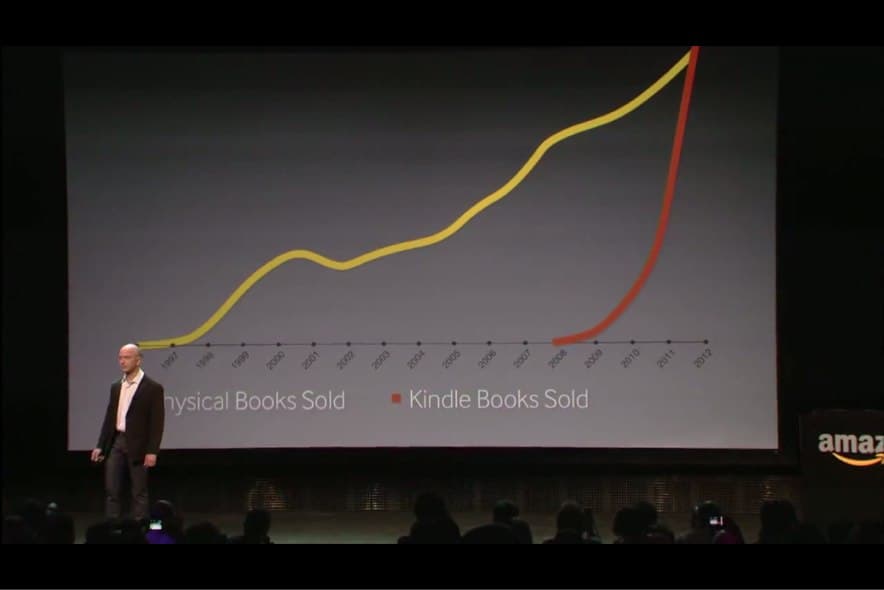With a net worth estimated in excess of U.S. $85 billion as of June 2017, Jeff Bezos is currently the second richest person in the entire world, just behind fellow American and tech entrepreneur Bill Gates who has spent most of the last thirty years in first place at the richest man in the world.
But as Amazon continues to grow at an explosive pace, dominating one digital, product, and distribution sector after another with an uncanny level of agility for such a giant company, its market valuation is booming. It will be only a matter of time, likely sometime in 2017, that Jeff Bezos overtakes Bill Gates to become the richest man in the history of the world. At the rate Amazon is growing, truly living up to its name for force and volume, it appears he will be just as secure in this distinction as Bill Gates was for the last thirty years.
An Outside The Box Management Style
When Jeff first started Amazon in 1995 it was only an e-commerce retailer of books. After just a month of operations, the fledgling online company had already shipped books to buyers in over 40 different nations. To those who weren’t around or weren’t aware of what the Internet was like at the time, Amazon made an incredible impact, and at a time when the Internet’s future was quite uncertain. Media talking heads were still referring to it as a “passing fad” at that time.
The magnificent achievements of Amazon, which are of truly world historical proportions, stem from Jeff Bezos and his management team’s leadership. Jeff operates differently than many CEOs. His style of leadership has even been described as “frenzied” or “chaotic.” In the early 2000s for example, Amazon’s operations manager encouraged employees who had hit their numbers during the demands of a tense holiday season to let out primal screams in the office to relish their triumph and ease tension!

When Amazon tried to launch an auction platform to compete with eBay, Bezos himself made a major purchase on the platform: he bought a complete Ice Age cave bear skeleton for $40,000. The imposing fossil specimen still stands in the lobby of Amazon’s corporate offices in Seattle. (The cave bear is known to paleontologists for having a penis bone that was frequently broken during fights with other cave bears. This cave bear’s penis bone is not part of the display.)
In 2014 Amazon started paying its employees to quit. The company launched an innovative “Pay to Quit” program aimed at culling the number of unmotivated warehouse employees at its fulfillment centers. Any worker who tenders their resignation will receive a severance package of $3,000. The amount is expected to be raised to $5,000. When the program first started, less than 10 percent of employees who were offered the deal took the company up on it.
